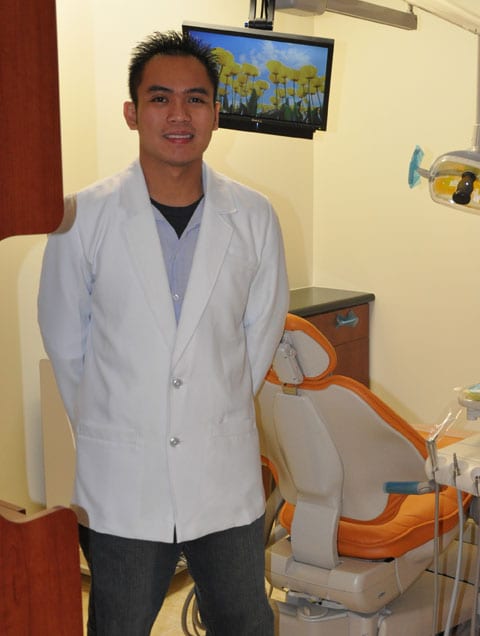For seniors, aging and a sedentary lifestyle can often impact their oral health. Seniors out of any age group experience the most vulnerabilities to the effects of aging, and poor oral health can cause poor nutrition, lessened speech, and a decreased quality of life. For those with the onset of Alzheimer’s disease, as memory gets cut short and becomes harder to function, habits such as brushing and flossing also decrease. Alzheimer’s disease is a neurodegenerative disease that alters the minds of seniors everywhere, and in the process of finding better alternatives and even cures for this disease, some studies have looked into the preventative measures we take against this disease and have found some connections between the decline of oral health and the development of Alzheimer’s.
How Alzheimer’s Disease Affects Oral Health
Alzheimer’s disease and its heavy influence on cognitive awareness, behavior, and memory significantly impact the mind in drastic ways, gradually worsening as we age. As one of the sixth leading cause of death within the United States, this disease presents much severity and warning for those 65 and older. However, Alzheimer’s particularly affects those with chronic conditions and lifestyle habits that reinforce the disease’s development. Researchers looked into the disease’s progression according to studies from the International Journal of Environmental Research and Public Health. They observed that cognitive function loss within multiple patients often leads to poor oral habits due to symptoms such as lack of memory and a lack of situational awareness. Gum disease often impacts the immune system by causing bacteria to flow into the bloodstream, which may also connect to impaired memory due to how the neural pathways communicate with one another.
Combining poor oral health with Alzheimer’s brings a greater risk of developing further conditions, such as degenerating bone disease, muscle weakness, and oral diseases such as cavities, periodontal disease, and tooth loss. Researchers suggest that Alzheimer’s disease increases the risk of developing oral diseases later in life through this study. Regular dental examinations reinforced brushing and flossing, and consistent care for seniors can help decrease the risk for seniors with Alzheimer’s disease.
How Dentists Help Patient’s With Alzheimer’s Disease
For dentists, combating the effects of Alzheimer’s disease often comes with some inherent challenges. By providing patients and their families with consistent, quality care and preventative measures, dentists can always improve their abilities to provide dental services to those in need. Dentists who work with seniors often provide plenty of accommodations to make their experience more enjoyable, including:
- Dentists can help patients with Alzheimer’s disease schedule dental appointments ahead of time.
- Discount services for seniors and preventative treatments such as fluoride treatments and dental sealants can provide them long-term solutions.
- Customizable treatment plans can be provided for those suffering with severe oral health problems such as tooth loss and periodontal disease.
Receiving treatment for your oral is one of the best ways that dentists can help patients with Alzheimer’s receive the quality dental healthcare they need and help reduce the risks of diseases later on in life.












